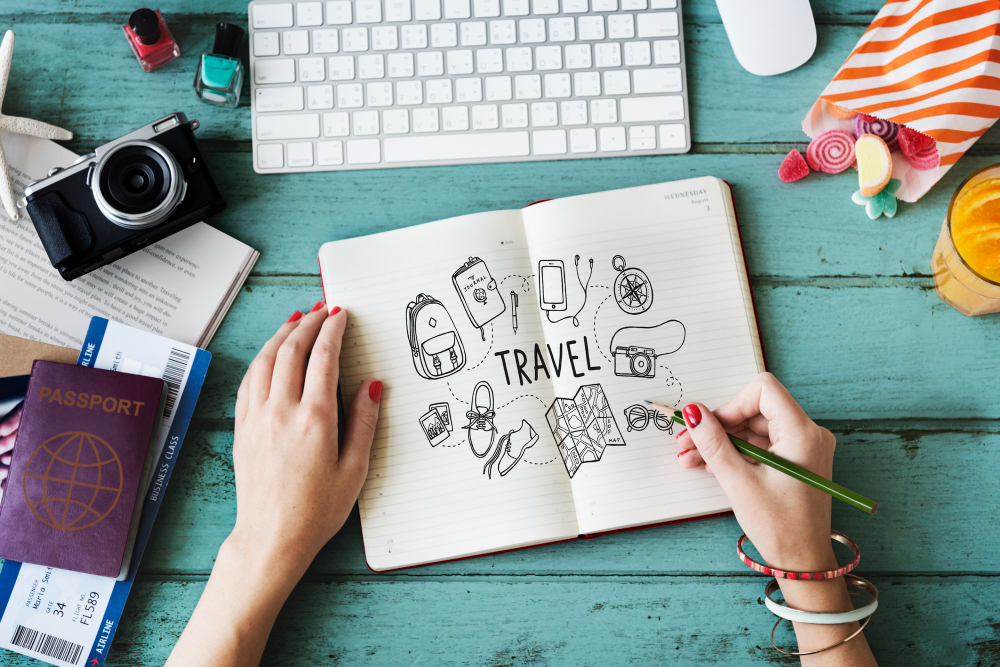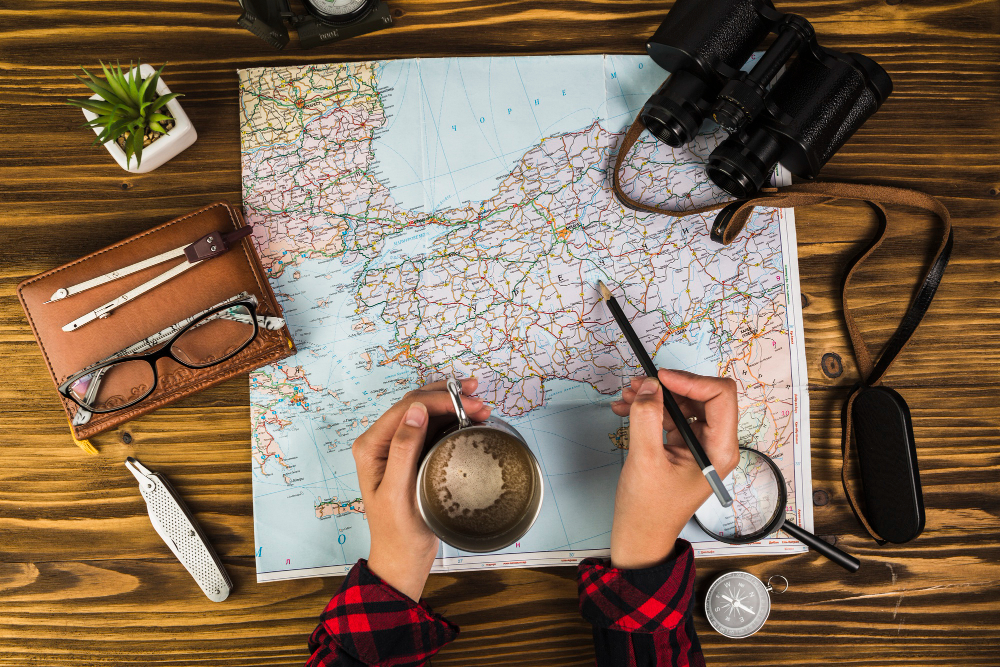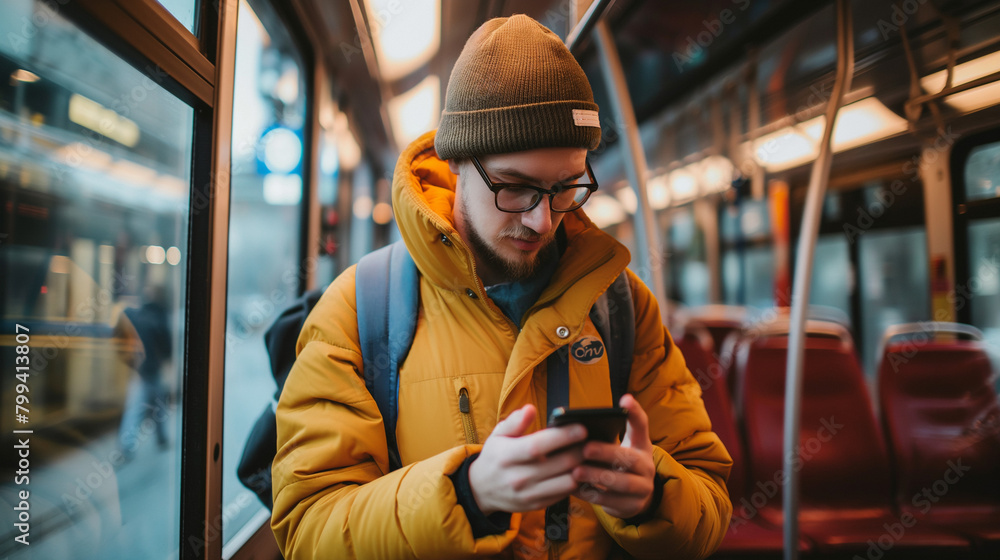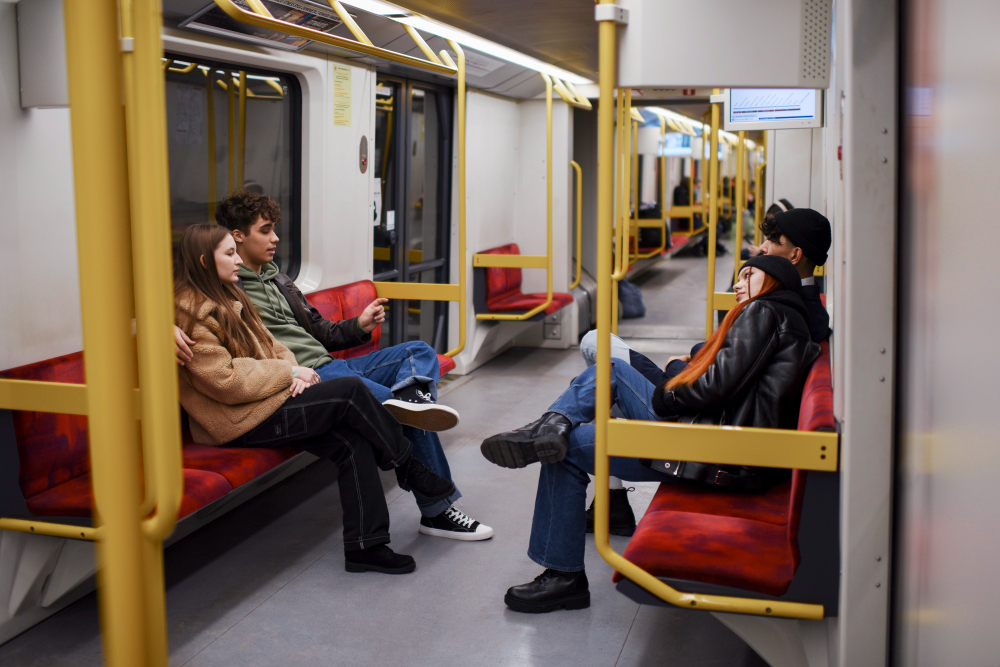Traveling as a hobby offers countless opportunities for adventure, learning, and personal
growth. For many, the allure of exploring new places, meeting different cultures, and
experiencing unique cuisines makes traveling an essential part of their lives. However, turning
travel into a regular hobby requires planning, creativity, and a bit of savvy. In this blog, we
will delve into how you can make traveling more accessible and frequent, transforming it from
a once-in-a-while luxury into a regular and rewarding hobby.
Understanding the Joy of Traveling
Before we dive into practical tips, let’s explore why traveling makes for such a fulfilling hobby.
The benefits of traveling go beyond just visiting new locations; it enriches your life in several
ways:
- Cultural Immersion: Experiencing different cultures broadens your perspective, enhances
your understanding, and fosters empathy. - Personal Growth: Traveling challenges you, encourages adaptability, and helps build
confidence. - Relaxation and Rejuvenation: Breaking away from your routine helps reduce stress and
improve mental health. - Learning Opportunities: From historical sites to local traditions, every trip is an educational
experience.
With these compelling reasons, it’s clear why many people aim to travel more frequently.
Here’s how you can make it happen.
Plan Ahead
Create a Travel Bucket List
First, start by creating a travel bucket list. List down all the destinations you dream of visiting, regardless of how far-fetched they might seem. Having a visual representation of your travel goals keeps you motivated and focused.

Research and Budgeting
Once your list is ready, research each destination to understand the cost involved. Break down the expenses into categories such as flights, accommodation, food, and activities. This helps in creating a realistic budget and identifying ways to save money. Use travel blogs, forums, and budget travel websites to gather insights and tips from fellow travelers.
Utilize Travel Deals and Discounts
Keep an eye out for travel deals and discounts. Websites like Skyscanner, Kayak, and Google Flights offer alerts for price drops and special deals. Additionally, consider signing up for newsletters from airlines and travel agencies to get early access to sales and promotions.
Travel During Off-Peak Seasons
Traveling during off-peak seasons can significantly reduce costs and enhance your experience. Destinations are less crowded, accommodations are cheaper, and you can enjoy a more authentic interaction with locals. Research the best times to visit your chosen destinations and plan your trips accordingly

Maximize Your Time
Use Long Weekends and Holidays
Maximizing your time is crucial when traveling frequently. Make the most of long weekends and public holidays by planning short trips. Even a few days away can provide a refreshing break and a sense of adventure. Combine leave days with weekends to extend your travel time without exhausting your vacation days.
Optimize Travel Routes
When planning your trips, consider optimizing travel routes. Look for multi-city flight options or train routes that allow you to visit multiple destinations in one go. This approach not only saves time but also money, as multi-city flights can sometimes be cheaper than round-trip tickets

Be a Smart Traveler
Pack Light and Smart
Packing light is a game-changer for frequent travelers. A well-organized carry-on can save you time at the airport, reduce the risk of lost luggage, and make moving between destinations easier. Invest in good quality, multi-purpose clothing, and packing cubes to keep your belongings organized.
Learn Basic Phrases
Staying connected while traveling is essential. Consider getting a local SIM card or an international roaming plan. Alternatively, portable Wi-Fi devices can keep you connected on the go, making it easier to access maps, translation apps, and travel guides.

Embrace Different Travel Styles

Explore Budget Travel
Budget travel doesn’t mean compromising on experience. Hostels, guesthouses, and budget hotels offer affordable and comfortable accommodations. Additionally, consider alternatives like couch surfing or house sitting, which provide unique experiences and opportunities to connect with locals.
Consider Slow Travel
Slow travel emphasizes quality over quantity, allowing you to immerse yourself deeply in one place rather than rushing through multiple destinations. Staying longer in one location can lead to meaningful experiences, stronger connections with locals, and a better understanding of the culture.
Join Group Tours
Group tours can be a cost-effective way to travel, especially for solo travelers. They offer convenience, safety, and the opportunity to meet like-minded people. Look for reputable tour companies that align with your interests and travel style.
Save Money Wisely
Use Travel Credit Cards
Travel credit cards often come with perks like travel insurance, lounge access, and reward points that can be redeemed for flights and hotel stays. Choose a card that offers benefits aligned with your travel habits and use it responsibly to maximize savings.

Opt for Local Cuisine
Eating like a local is not only cost-effective but also enhances your cultural experience. Street food, local markets, and small family-run restaurants often offer delicious and affordable meals. Plus, it’s a great way to discover the authentic flavors of a destination.
Leverage Public Transportation
Using public transportation is another way to save money and experience a place like a local. Buses, trains, and trams are often cheaper and provide a more immersive experience compared to taxis or ride-sharing services.

Stay Flexible
Embrace Spontaneity
While planning is crucial, leaving room for spontaneity can lead to some of the most memorable travel experiences. Be open to changing your plans based on local recommendations, weather changes, or sudden travel deals.
Flexible Travel Dates
If your schedule allows, being flexible with your travel dates can lead to significant savings. Use fare comparison tools to find the cheapest days to fly and adjust your plans accordingly.
Conclusion

Turning traveling into a regular hobby is a rewarding pursuit that enriches your life in numerous ways. By planning ahead, maximizing your time, being a smart traveller, embracing different travel styles, saving money wisely, and staying flexible, you can make traveling more frequent and enjoyable. Remember, the key to making travel a sustainable hobby lies in the balance between planning and spontaneity, budget and indulgence, and discovery and relaxation. Happy travels!




